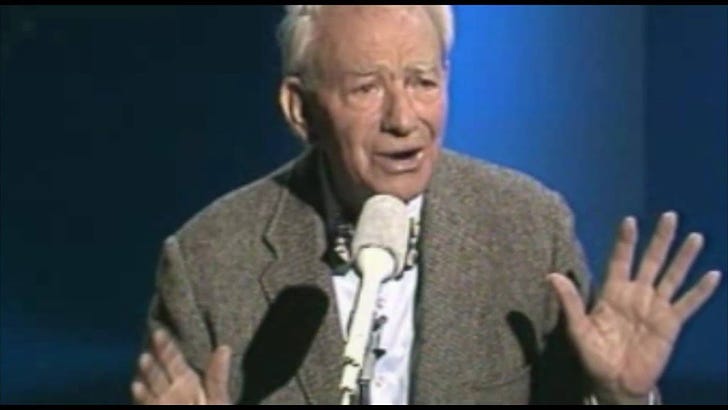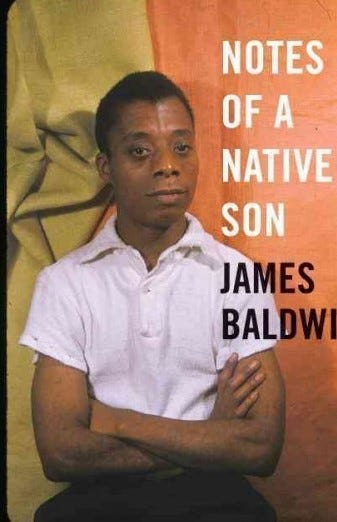In times of trouble, we need our historical memory and imagination.
U.S. history is rich in radicalism, labor and union struggles, socialist thought and experiment, abolitionism, the Civil Rights and Black Power movements, anti-war activism, feminism, LGBTQ campaigns, indigenous American activism, and more recently, Occupy, Black Lives Matter, green movements, and the revival of union organizing. Search any of these terms and you will find that Americans have been busy and impressive from the start. These battles have been researched and recorded by generations of historians and activists. The record is there, even if it is too often forgotten or suppressed by our mainstream media and our political parties and leaders.
When you tire of reading history, turn to the playwrights, novelists and poets; blues, folk, soul and jazz artists; our sporting heroes. Look at our independent cinema or the dissident subtexts buried in classic Hollywood film. There are hundreds of gems to uncover along the way, small and large finds that will leave any American wondering how we have allowed so much to be erased from our vision of ourselves and our progressive efforts as a people and nation.
Let's take just one modest example. Yip Harburg, the great lyricist behind dozens of classic songs including the much-loved Over the Rainbow, was a socialist. Americans celebrate the song year after year with every broadcast of The Wizard of Oz, but few of us pause to remember that Harburg was blacklisted for twelve years. We forget too that this son of immigrants also penned the anthem of the Great Depression, Brother, Can You Spare a Dime? And finally, if it's true that Ted Cruz, an undoubted favorite of Republican and Christian nationalists, once broke into a rendition of Over the Rainbow at a campaign event, then clearly, he was unaware of Harburg’s atheism. Every so often, when I tire of the religious right and its repeated attempts to drag God into our political discourse – or more specifically, to ban books in schools or undermine women’s healthcare and reproductive rights – then I recall one of Harburg’s poems and smile:
Atheist
Poems are made by fools like me,
But only God can make a tree;
And only God who makes the tree
Also makes the fools like me.
But only fools like me, you see,
Can make a God, who makes a tree.
Nor could Cruz, singing away, have been aware of two further facts: the song’s long association with gay pride, and with immigrant hopes and dreams. The Wizard of Oz is still viewed as a queer classic, Judy Garland as a much-loved queer icon, and the song’s lyrics, a plaintive search for a place of freedom and acceptance.
Salman Rushdie’s view of Oz and the song could hardly be more relevant to our current situation and the imminent threat to immigrants and refugees:
“In its most potent emotional moment, this is unarguably a film about the joys of… making a new life in “the place where there isn’t any trouble.” Over the Rainbow is, or ought to be, the anthem of all the world’s migrants.… It is a celebration of Escape.”
Having lived away from America for so long, I’ve grown accustomed to viewing it from the outside. Knowing something of its domestic and foreign policy abuses, gazing upon its deep and growing inequalities, and regularly hearing the views and perceptions of non-Americans, I could not help but become more critical of my homeland. But - and this too is part of the outsider experience - I remain deeply in love with it. I love its history, its promise, its cultural daring and complexity.
In an interview for the Paris Review, James Baldwin articulated his understanding of this conflicted love of country that sometimes takes root in those who leave:
“I think that it is a spiritual disaster to pretend that one doesn't love one's country. You may disapprove of it, you may be forced to leave it, you may live your whole life as a battle, yet I don't think you can escape it. There isn't any other place to go--you don't pull up your roots and put them down someplace else. At least not in a single lifetime, or, if you do, you'll be aware of precisely what it means, knowing that your real roots are always elsewhere. If you try to pretend you don't see the immediate reality that formed you, I think you'll go blind.”
Such expressions of conflicted love for America, whether by residents or outsiders, have been largely shut down by our mainstream politics and media cultures. The suppression of our radical histories has proceeded apace. Activists who work to recover them are regularly derided as ‘woke’ by the love it or leave it brigades. But when that happens, we can reach into history and find Baldwin again:
"I love America more than any other country in this world, and, exactly for this reason, I insist on the right to criticize her perpetually." (Notes of a Native Son, 1955)
And we can fight. I hope the ghosts of our radical activists, artists, and historians (there are so many to choose from) accompany you and me into the coming period of danger. The ghosts might whisper stories of historical struggles, help inform our embattled present, and strengthen our collective efforts to bring about a fairer and more inclusive America. They may help us to find our criticism, but also our love.




Amen! Excellent essay. Thank you. Love the simplicity and power of the poem.